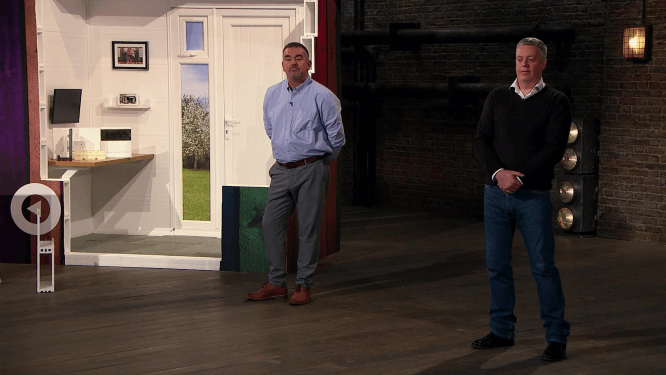AN ARCHITECTURAL metalwork specialist is forging ahead into new markets, after receiving investment and technical expertise from a team of manufacturing experts.
Steelcraft Ltd, based in Chester-le-Street, is expanding its product offering and launching a new brand, after securing a five-figure funding grant and support from the Sustainable Advanced Manufacturing (SAM) Project.
The company, which up until last year specialised solely in the production of metalwork for housing developers such as Bellway and Miller saw its business almost grind to a halt after the closing of construction sites due to social distancing restrictions.
However, having launched its first ecommerce platform, Forjj, just prior to the pandemic, the company was not only able to diversify and sell its products directly to consumers, but also capitalise on the rise in housing restorations during the pandemic, leading to a 900% uplift in online sales during the crisis.
Liam Armstrong, operations manager at Steelcraft Ltd, said: “Forjj had been a work in progress for some time, but it never really received the attention it deserved until the pandemic hit.
“Once we saw our order books dry up during the Covid crisis, we dedicated most of our resources to pushing that side of the business and we couldn’t be happier with how it has improved our business.’’
While the launch of Forjj allowed Steelcraft to pivot during the crisis and carve out new business opportunities, it’s success also resulted in the company running at full capacity, once lockdown measures were eased and the UK embarked upon ‘project build’.
This led to Liam and the team tapping into further support from the SAM Project for grant funding – having already worked in partnership helping the team improve the management of its factory – and exploring how its different avenues of support could help sustainably increase output, while keeping costs at a minimum.
“The team at SAM were absolutely amazing,” he added. “Prior to engaging with them, our factory hadn’t changed in 20 years and we were struggling to see how we could scale up our operations while keeping costs and disruption at an absolute minimum.
“Using simulation software, they were able to create an identical, computerised model of our workshop and working closely with our production manager, identify which machines and processes could be altered and moved to make space for the new machinery and improved workflow.
“We’d never have even thought about using digital twin software to visualise and improve our shop floor and – as a family-business – we could never have accessed something like this without the support of SAM.”
The tube bending machine allowed Steelcraft to not only create jobs and increase output, but also bring the production of its bent metal components in-house, which the company previously had to outsource, leading to increased costs and lead times.
Liam added: “Like many manufacturers, we were hit hard during the pandemic and would never have been able to purchase the new tube bending machine were it not for the 40% funding grant that we received from SAM.
“Not only has it allowed us to create new jobs, it also allowed us to be more competitive. Prior to this, we had to buy in many of our metal components however now that we’ve brought production in-house, we are more cost competitive, and we’ve never been busier.”
Looking to the future, Steelcraft is now on the verge of launching a third brand, the Newcastle Locker Company, which will see the firm produce military-grade lockers for the armed forces and other specialist users.
“If you’d have asked us a year ago where we’d be today, there’s no way we could have envisaged this,” Liam added. “We couldn’t be happier with the direction we’re going in and we can’t thank the team at SAM enough for their support over the past 18 months or so. I couldn’t recommend the project enough.”
Michelle Hambleton, business development manager at the SAM Project, said: “It was a pleasure working with Liam and the team at Steelcraft and we’re delighted to have been able to help them not only explore how new technology such as simulation software could help improve processes, but also access the funding required to take their business to the next level.
“The SAM Project was set up to help the region’s SME manufacturers innovate and grow by exploring the benefits of – and implementing – new technology, and we’d encourage any business interested in scaling up to get in touch and find out how they could benefit.”





